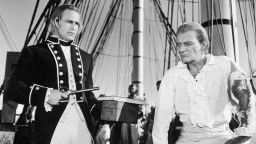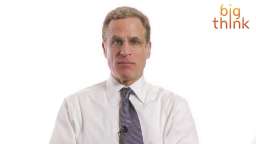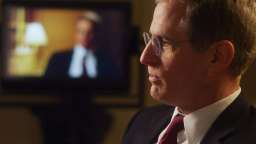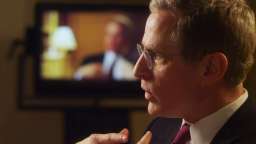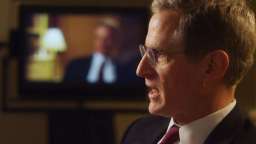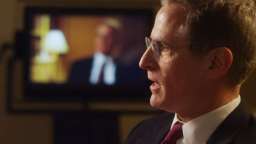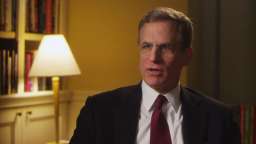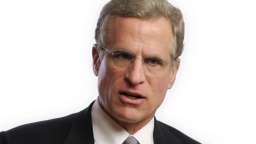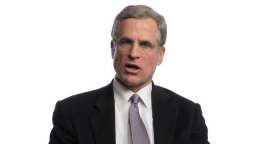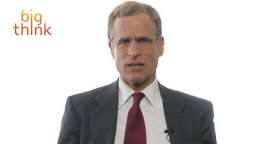Robert Steven Kaplan
Robert S. Kaplan is president and chief executive of the Federal Reserve Bank of Dallas. Previously, he was the Senior Associate Dean for External Relations and Martin Marshall Professor of Management Practice in Business Administration at Harvard Business School. He is also co-chairman of Draper Richards Kaplan Foundation, a global venture philanthropy firm, as well as chairman and a founding partner of Indaba Capital Management. Before joining Harvard in 2005, Kaplan was vice chairman of the Goldman Sachs Group with responsibilities for Global Investment Banking and Investment Management.
He has written several books on leadership and goal development, including 'What You're Really Meant To Do: A Road Map For Reaching Your Unique Potential' published by Harvard Business Review Press. You can read his most recent essay here.




